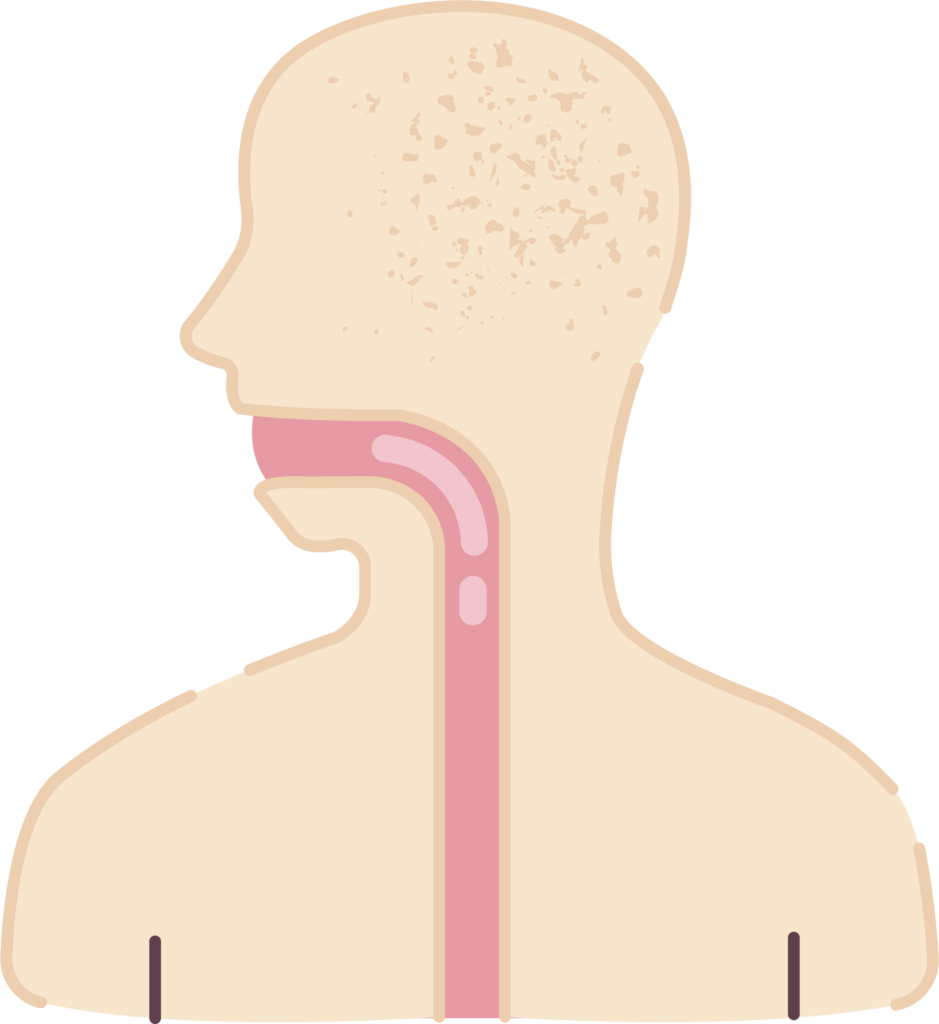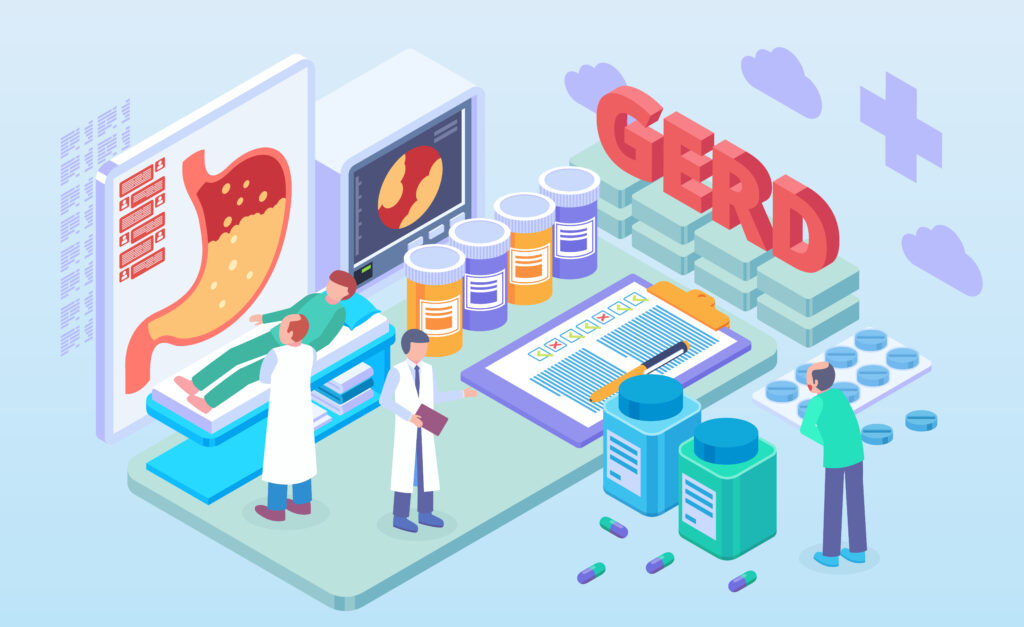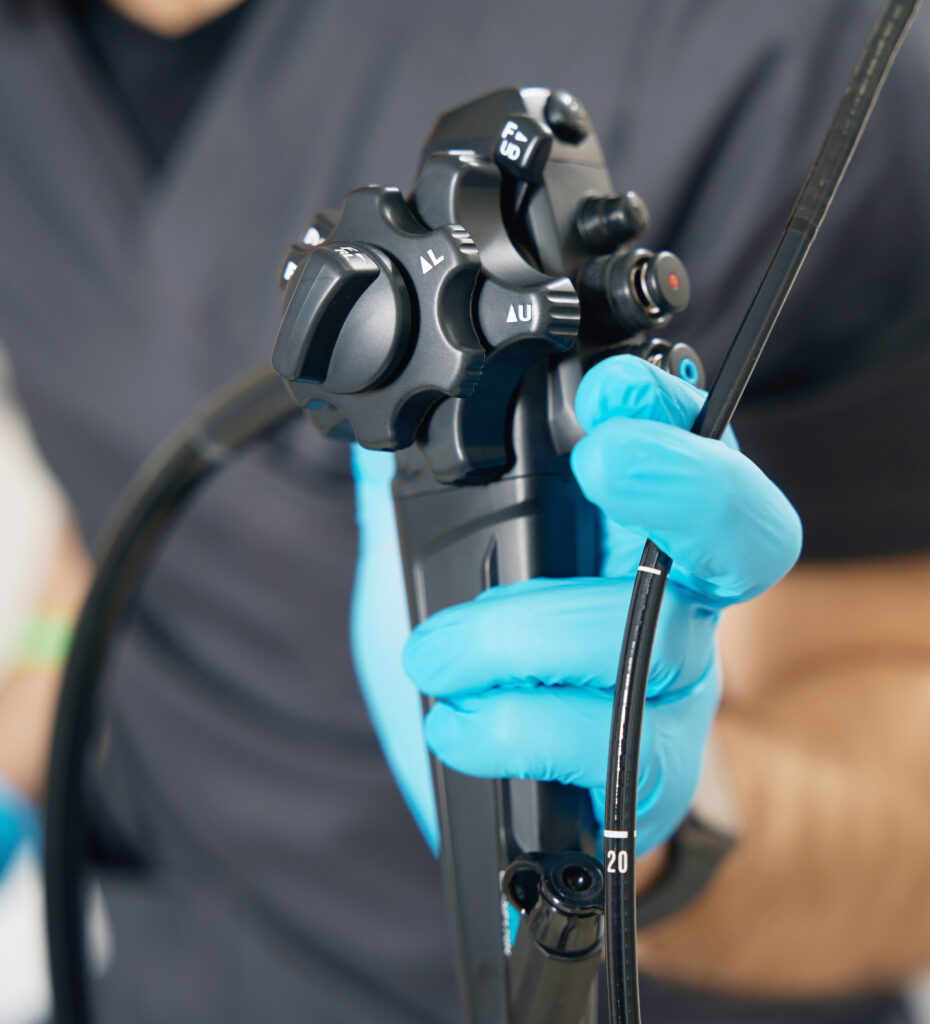–Written by Marusa Zamorano, MD, General Surgeon Specialised in Abdominal Surgeries, endoscopies and proctology–
Introduction
If you’ve ever experienced Acid Reflux and the discomfort of persistent heartburn or that unpleasant taste of stomach acid making its way back up, then you know we are talking about one of the most annoying things and you know how bothersome that can be.
In this blog post, we’re going to explain why you get acid reflux and help you with simple solutions to find relief.
What is Acid Reflux
Let’s start with the basics. Acid reflux occurs when stomach acid flows back up into the esophagus, that long tube connecting our mouth to our stomach.

Normally, a ring of muscle called the lower esophageal sphincter (LES) prevents the stomach acid from flowing back up. However, when the LES weakens or relaxes abnormally, it allows the acidic contents of the stomach to travel upward, causing a range of symptoms.
But when does it become a bigger concern? Well, if this unwelcome visitor overstays, showing up at least twice a week for several weeks, then it’s called gastroesophageal reflux disease (GERD). It’s like having a party crasher that just won’t leave!

Risk Factors that can trigger acid reflux
Who’s at risk for acid reflux?
- Our dear friends who are Higher weight or pregnant may have a higher likelihood.
- Certain foods can also trigger this troublemaker, like spicy, fatty, or acidic options.

- And let’s not forget about medications that can loosen that esophageal sphincter, like some pain relievers or blood pressure drugs.
- Last but not least, there’s the hiatal hernia, where the stomach decides to move up towards the chest cavity. Yes, sometimes the stomach does weird things.
Recognizing the Symptoms
How do you know if acid reflux is wreaking damage in your digestive system?
- Look out for persistent heartburn, that burning sensation that likes to crash the party in your chest.
- You might also experience chest pain that can mimic a heart attack, causing unnecessary panic.

- Sometimes you can have hoarseness, tight throat feeling, and trouble swallowing. It’s like a mess in your throat! Feeling like there’s food stuck in your throat or having a dry cough are also common signs.
- Oh, and don’t forget about the not-so-fresh breath. Acid reflux sure knows how to leave a lasting impression!
Diagnosing Acid Reflux
So, how do professionals diagnose acid reflux? They’ll listen to your symptoms and look for signs of acid reflux, like the ones we discussed earlier. Sometimes, they may recommend a procedure called gastroscopy, where a thin tube with a camera is inserted through your mouth to examine the esophagus and stomach. In other cases, x-rays with contrast may be used to get a clearer picture. And if they want to get a real feel for the pressure in your esophagus, they might perform ph monitoring and manometry. It’s like a backstage pass to your digestive show!

What you can do to lower the trouble with reflux?
Lifestyle Modifications
Making simple changes to your lifestyle can have a significant impact on reducing acid reflux symptoms.
- Start by maintaining a healthy weight through regular exercise and a balanced diet.

- Avoid overeating and opt for smaller, more frequent meals throughout the day, eat every 2,5 to 3 hours
- Slow down while eating, and chew your food thoroughly to aid digestion.
- Avoid eating 3 hours before going to sleep
- Try to avoid lying down or bending over immediately after eating, as this can increase the likelihood of acid reflux.
- Elevating the head of your bed by a few inches can also help prevent acid from flowing back up during sleep.
- Don’t wear too tight clothes.
Mindful Eating Habits
Adopting mindful eating habits can make a big difference in managing acid reflux. Pay attention to your body’s signals of hunger and fullness, and stop eating before you feel overly full. Be aware of your food choices and avoid trigger foods that can aggravate acid reflux, such as spicy, fatty, and acidic foods. Instead, opt for a nutrient-rich diet with plenty of fruits, vegetables, whole grains, lean proteins, and healthy fats. Stay hydrated by drinking enough water throughout the day, but avoid consuming large amounts of fluids during meals, as it can contribute to reflux.

Smoking and Alcohol
If you’re a smoker, it’s time to kick that habit away. Smoking weakens the lower esophageal sphincter (LES), making it easier for stomach acid to flow back up. Quitting smoking not only benefits your overall health but also helps alleviate acid reflux symptoms. Similarly, excessive alcohol consumption can relax the LES and trigger acid reflux. Consider limiting your alcohol intake or opting for non-alcoholic alternatives to prevent acid reflux flare-ups.

Stress Management and Sleep
Stress can do lots of trouble on our bodies, including triggering acid reflux symptoms. Incorporate stress-reducing practices into your daily routine, such as meditation, deep breathing exercises, or engaging in activities you enjoy. Adequate sleep is also essential for maintaining digestive health. Establish a consistent sleep schedule and create a relaxing bedtime routine to promote better sleep and minimize acid reflux episodes during the night.

When to Seek Professional Help
While self-help strategies can often provide relief, it’s important to know when it’s necessary to seek professional help. If your acid reflux symptoms persist despite lifestyle modifications, or if they worsen over time, it’s advisable to consult a healthcare professional. They can provide a proper diagnosis, recommend appropriate medications if needed, and suggest further investigations to rule out underlying conditions.
Comments +